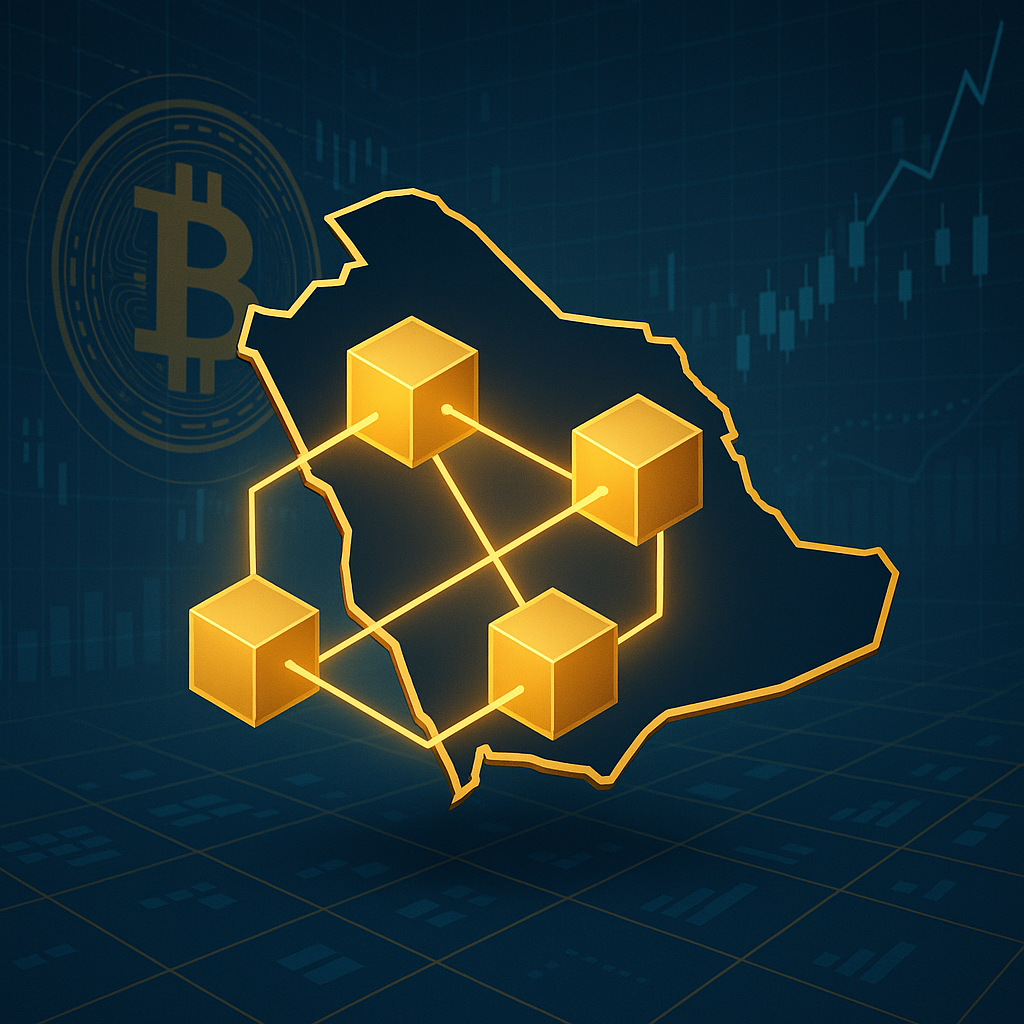
Introduction
Did you know that 72% of Middle Eastern businesses believe emerging tech like blockchain can improve risk transparency? In the era of digital transformation, blockchain technology is emerging as a game-changer for risk management—especially in Saudi Arabia’s evolving regulatory environment.
With the Kingdom’s Vision 2030 pushing for technological innovation, blockchain is no longer just a buzzword. It’s now a practical solution to longstanding governance and compliance challenges in sectors like banking, logistics, healthcare, and even energy.
Recent updates from the Saudi Central Bank (SAMA) and Saudi Data & Artificial Intelligence Authority (SDAIA) underscore the country’s commitment to adopting blockchain for secure, transparent, and tamper-proof data exchange—making it an essential tool for forward-thinking organizations.
What is Blockchain in Simple Terms ?
At its core, blockchain is a decentralized digital ledger that records transactions in a secure, immutable way. Each “block” contains a set of data, and once it’s filled, it’s chained to the next, creating a transparent and traceable record.
Unlike traditional databases, blockchain is:
- Tamper-proof: Once data is recorded, it cannot be altered without consensus.
- Decentralized: No single entity controls the data.
- Transparent: All stakeholders can access the same version of records.
This structure makes blockchain an ideal fit for risk management—especially when integrity, traceability, and security are paramount.
Why Blockchain Matters for Saudi Businesses
Saudi Arabia is rapidly adopting digital solutions to strengthen corporate governance and risk frameworks. Here’s why blockchain is especially relevant:
Regulatory Push
- SAMA is exploring blockchain for financial operations.
- The Saudi Authority for Industrial Cities (MODON) is testing blockchain in logistics.
- The Ministry of Communications and Information Technology (MCIT) launched a Blockchain Academy to build local expertise.
Market-Specific Benefits
- Improved Compliance: Blockchain helps automate compliance workflows.
- Fraud Reduction: Tamper-proof records minimize fraud risk.
- Audit-Ready Trails: Real-time data tracking makes audits faster and more accurate.
Key Risk Management Challenges in Saudi Arabia
Challenge
|
Manual Reporting Systems |
|
|
Data Silos Across Departments |
|
|
Regulatory Complexity |
|
|
Cybersecurity Threats |
|
|
Lack of Real-Time Monitoring |
|
Impact
|
Prone to human error and delays |
|
Lack of coordination and transparency |
|
Frequent updates and lack of digital compliance tools |
|
Rising attacks on sensitive data systems |
|
Reactive instead of proactive risk strategies |
Solutions & Best Practices Using Blockchain
Here are expert-backed ways to leverage blockchain in your risk management strategy:
- Automate Risk Reporting
Smart contracts can be programmed to trigger alerts when thresholds are crossed, ensuring:
- Faster incident reporting
- Automatic compliance checks
- Reduced manual intervention
- Establish Immutable Audit Trails
Blockchain creates a permanent record of every transaction or process update. This:
- Simplifies regulatory audits
- Improves accountability
- Enables forensic investigation in case of breaches
- Enhance Supply Chain Risk Visibility
Using blockchain, companies can track each component in their supply chain—helping mitigate risks like:
- Counterfeit parts
- Non-compliant suppliers
- Delivery delays
- Integrate with Governance, Risk & Compliance (GRC) Platforms
By integrating blockchain with GRC software (like CG BOD), businesses can:
- Centralize compliance data
- Create smart risk matrices
- Gain real-time insights into operational risks
Real-World Examples in Saudi Arabia
National Commercial Bank (NCB)
- Use Case: Leveraged blockchain for secure trade finance documentation.
- Result: Reduced risk of fraud and improved transaction speed by 40%.
Saudi Customs & IBM
- Use Case: Piloted a blockchain-based cross-border trade platform.
- Result: Enhanced shipment transparency and reduced customs processing time.
Healthcare Sector
- Use Case: Hospitals using blockchain to manage patient consent and clinical data.
- Result: Increased data privacy and reduced legal liabilities in case of disputes.
Conclusion: Blockchain as a Risk Shield for Saudi Businesses
As Saudi Arabia accelerates digital transformation, blockchain is becoming a foundational pillar in risk management strategies. From improving compliance to preventing fraud and enhancing supply chain visibility, the benefits are both strategic and operational.
